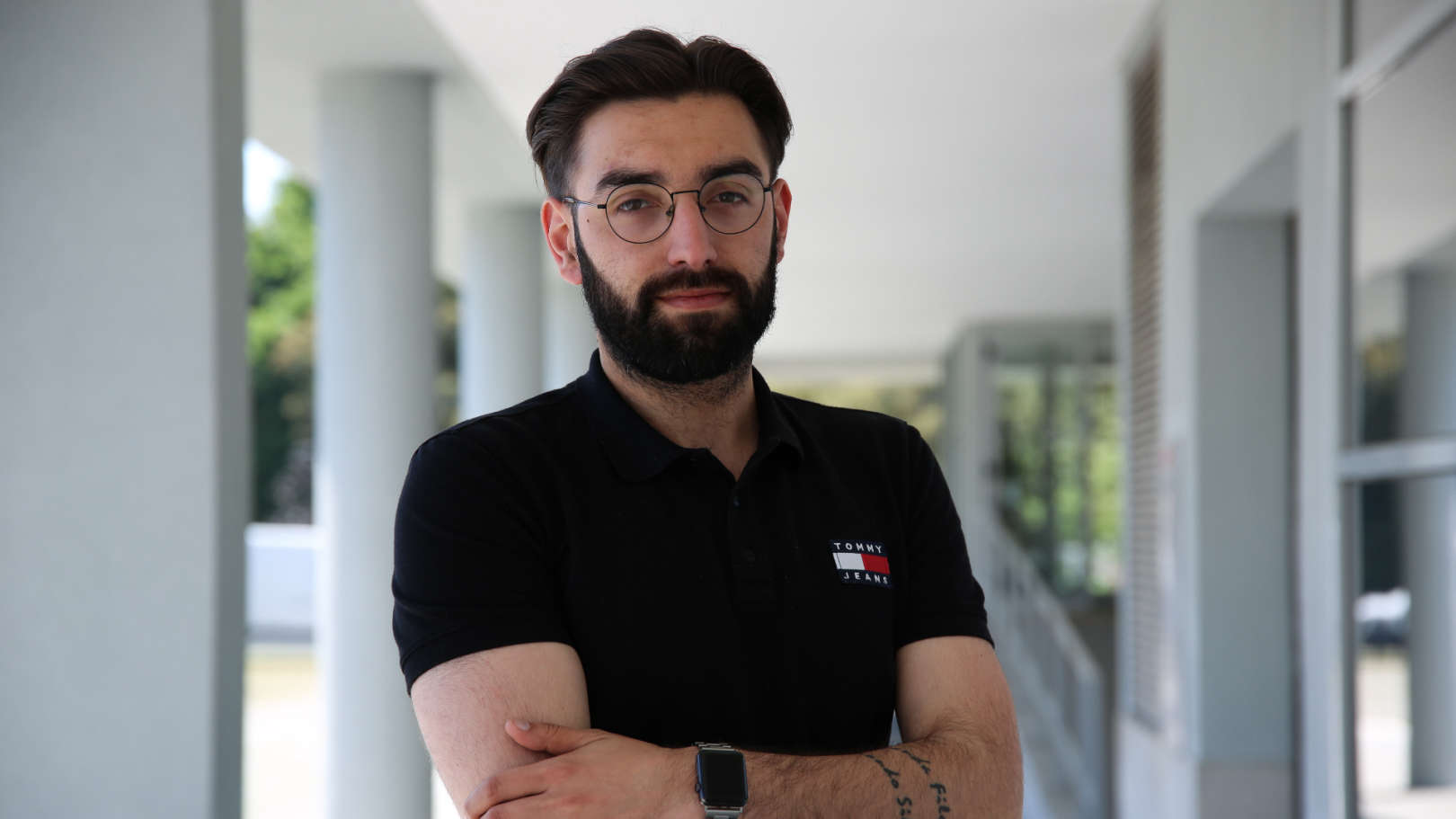Sobre
Investigador no INESC TEC desde 2022, onde tem vindo a colaborar no Centro de Engenharia de Sistemas Empresariais (CESE), na área de Arquitetura e Desenvolvimento de Sistemas Empresariais de Apoio às empresas. É Professor Convidado na Escola Superior Tecnologia e Gestão (ESTG) do Instituto Politécnico do Porto (IPP) desde 2022, onde leciona as unidades Curriculares de Engenharia de Software, abordando temas essenciais à Arquitetura e Qualidade de Software e Gestão do Desenvolvimento de Software.
Trabalhou noutras empresas de Consultoria na área de Sistemas de Informação aplicados à Indústria, participando em vários projetos com vista à transição digital e capacitação das empresas da área.
Mestrado em Engenharia Informática, na Escola Superior de Tecnologia e Gestão no Instituto Politécnico do Porto, onde desenvolveu a sua dissertação com o nome "Análise de Dados de Fornecedores e Subcontratados para Apoio à Tomada de Decisão no Planeamento de Produção: O Caso do Cluster do Calçado". Resultou da sua dissertação uma contribuição para o projeto CNI4.0 Foot, com a implemantação de dois algoritmos de Machine Learning, um na Classificação de Fornecedores e outro na Previsão das Datas de Entrega de Matéria-Prima, estes dois algoritmos estão integrados no ERP de um empresa parceira do INESC TEC.
Licenciado em Engenharia Informática, na Escola Superior de Tecnologia e Gestão no Instituto Politécnico do Porto.


